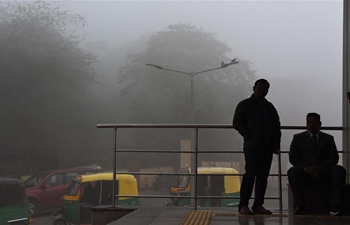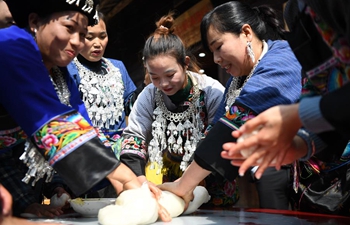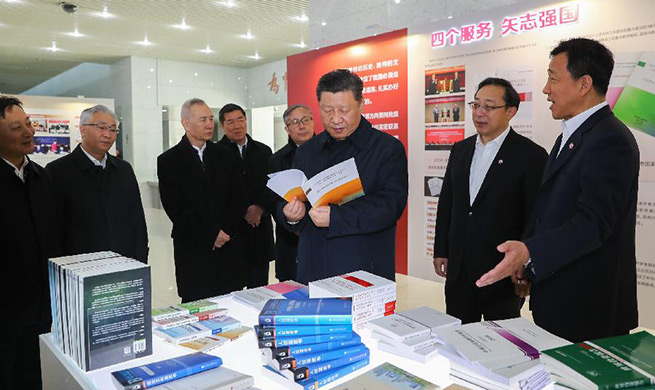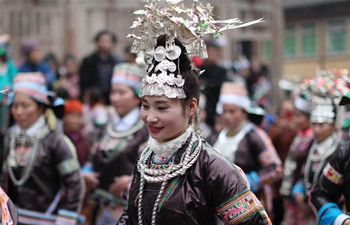ADDIS ABABA, Jan. 18 (Xinhua) -- The Office of United Nations High Commissioner for Refugees (UNHCR) on Friday welcomed Ethiopia's historic new refugee law that enables refugees to access more social services and integrate into society.
Ethiopia's parliament on Thursday adopted revisions in its existing refugee law, making it one of the most progressive refugee policies in Africa, according to a UNHCR statement on Friday.
The new law allows refugees to obtain work permits, access primary education, obtain driver licenses, legally register life events such as births and marriages, and use national financial services such as banking.
"The passage of this historic law represents a significant milestone in Ethiopia's long history of welcoming and hosting refugees from across the region for decades," said UN High Commissioner for Refugees Filippo Grandi.
"By allowing refugees the opportunity to be better integrated into society, Ethiopia is not only upholding its international refugee law obligations, but is serving as a model for other refugee hosting nations around the world," the commissioner noted.
Ethiopia's revision of its refugee law came weeks after the UN General Assembly adopted the Global Compact on Refugees on Dec. 17, 2018.
At the heart of this innovative new framework is a more comprehensive response to displacement in which refugees are included in national services like health and education, rather than leaving them in parallel systems.
It also focuses on ensuring refugees have the opportunity to be self-reliant and can contribute to local economies in a way that also benefits their hosts.
The UNHCR was involved in the drafting process of the refugee law revision, which was led by Ethiopia's Administration for Refugee and Returnee Affairs (ARRA).
It replaces the 2004 Refugee Proclamation which also upheld the key principles of the 1951 Refugee Convention as well as the 1969 OAU (Organization for African Unity) Convention, which restricted some refugee rights, such as freedom of movement and access to education, and made no mention of integration.
Ethiopia currently hosts more than 900,000 refugees, primarily from neighboring South Sudan, Somalia, Sudan and Eritrea, as well as smaller number of refugees from Yemen and Syria, according to the UNHCR.













